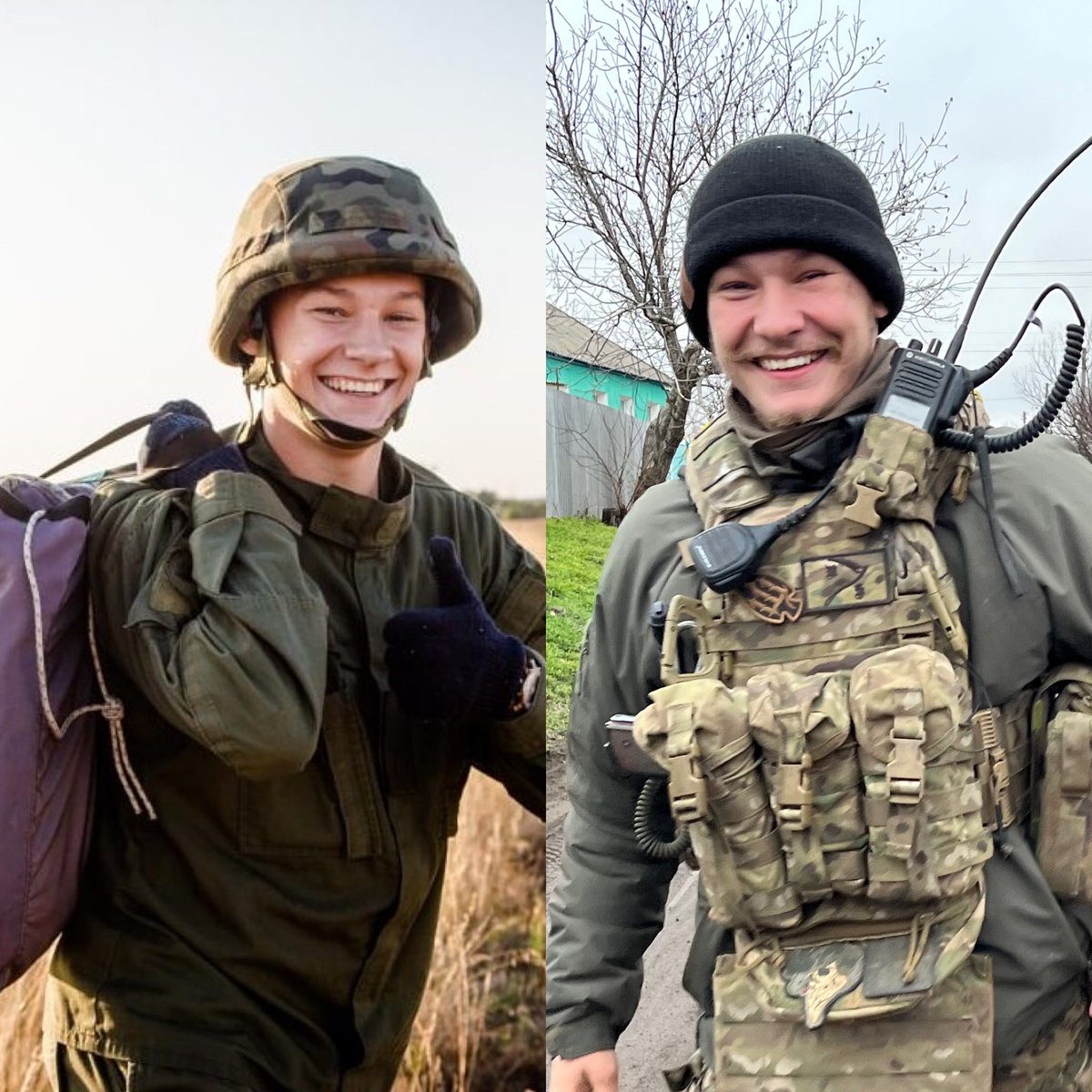Our piece on the plight of the children left behind by the Islamic State Group, and now languishing in Syrian prison camps. Produced by @DebsR and team.
"Ahmed's" story is particularly harrowing. He'd chat about his life in London, KFC, Xbox and then describe in detail the weapons systems that were used to kill his mother, sisters and his brother.
He's just a kid. He likes One Direction, Chris Brown and Lady Gaga. "Can you bring me some music?", he asked. He's struggling in Syria. "Everything is shit here," he said afterwards.
The detention centre where he's being held is better than the camps. There's a five aside pitch and the dorms have air-conditioning. But they also have cameras in every room, and armed guards on the walls. Some of the kids are deeply radicalised and tried to elect their own Emir.
Al Hol camp is hellish. Every time we visit it seems to degrade further. 45 killings there in the last year, and 8 in the last month. The Kurdish forces in the camp say that IS cells are active and recruiting children to carry out attacks. 

The day after we visited a four year old boy was killed in an accident. He was run over by an ice truck. Outside the town of al hol, is the cemetery. On its edge are the unmarked graves from the camp. There are hundreds, many of them for children. 

The most striking thing about the children in Al hol is their hostility. There is no curiosity, only suspicion. The kids are deeply traumatised. Ongoing radicalisation is to blame but the mothers say night time raids by the security forces are terrifying the kids. 





It’s a different story at the smaller Roj camp where western women, including Shamima Begum, are held. The kids are doing better. The sanitation and power supply is superior to Al Hol. “But we’re still in prison,” say the women. 



We’ve reported extensively on the atrocities committed by the Islamic State group, & the horrors suffered by their many victims in Iraq and Syria, but it’s hard not to see these kids as anything but victims too. They aren’t to blame for their parents crimes. And they aren’t safe 

No one is pretending that repatriation isn’t difficult. But defeating the Islamic state group was hard too. Still, a global coalition was formed and the self-styled caliphate was destroyed. Why not a similar global effort on repatriation?
Back to "Ahmed". So proud of his One Direction T-shirt. He made me laugh when he complained of the quality of the clothes. "they only have fakes here in Syria. Adidas, is Abibas". He has now spoken to an auntie back in Pakistan, and there is some hope he might return home.
I could have spoken to him all day. When we asked if we could leave him some music on a memory card for his MP3 player, we were told it wasn't allowed. Remember, he's 13 years old, he's been through more horrors than any of us can imagine, and he's all alone in Syria.
This isn't just a humanitarian question, it's a security question too. Here's what the deputy commander of the International mission to defeat IS had to say when I spoke to him last month about Al Hol/Al Hawl, Brigadier Richard Bell @oirdcom
• • •
Missing some Tweet in this thread? You can try to
force a refresh









